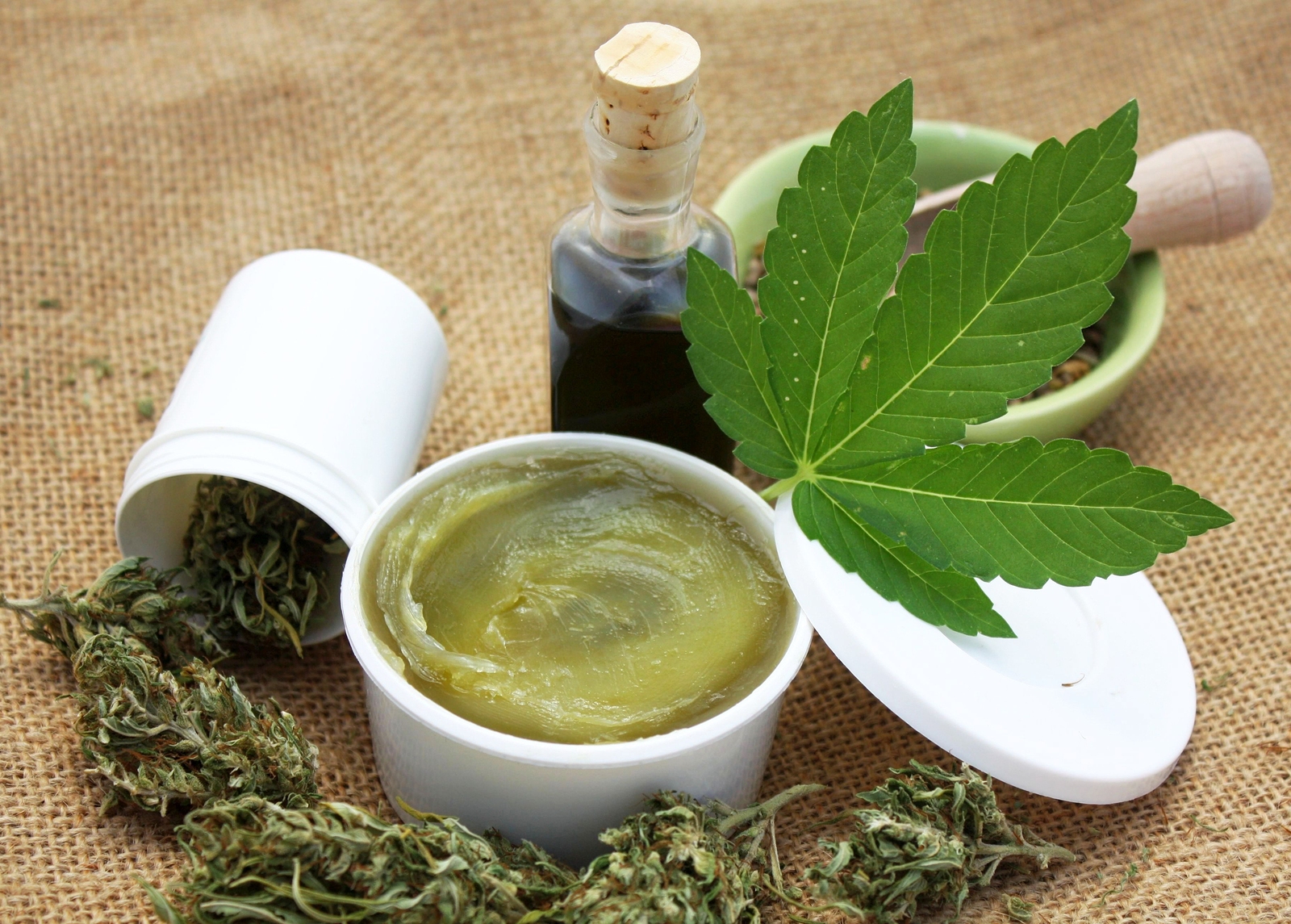Discussions on hemp products and cannabinoid beverages have grown, boosting a multi-billion-dollar market and economic growth. However, some legislators propose regulations that risk banning these products, echoing the failed 18th Amendment prohibition.
Recently, the Senate rejected an amendment to an agricultural spending bill that would have removed a ban on hemp products with THC. Senators considered Sen. Rand Paul’s measure, which he said would prevent the hemp market’s eradication since its legalization in 2018.
Kentucky Sen. Mitch McConnell, who championed hemp prohibition, said that companies exploited a loophole in previous laws he sponsored. He claims the revision will keep dangerous products from children.
Senator McConnell‘s words echo those of Billy Sunday, a supporter of the 18th Amendment who claimed that prohibition would benefit public health, reduce crime, and strengthen families and society. Supporters saw Prohibition as essential for a virtuous society.
What Senator McConnell and his supporters failed to realize is that society should understand that regulation, not prohibition, is the only way to ensure health and safety in the growing hemp market.
Let’s look at one aspect of the hemp market that is infused beverages. At the core of the case for regulation is the long history of successful wholesalers in the regulated alcohol market.
These wholesalers have built systems and rules that support public health and safety through responsible actions. They have to add age verification procedures, enforce retailers’ accountability, ensure product traceability, and quickly remove unsafe and non-compliant products from the market.
This not only deters young people from using such products, but also guards consumers from products that could be detrimental.
This form of regulation works; it is also in an open and transparent environment which increases consumer credibility and the safety of the environment. In stark distinction, Section 781 of the Ag-FDA Appropriations legislation proposes to eliminate legal access to hemp products without laying a functional regulatory framework.
In 1919, the U.S. ratified the 18th Amendment, banning the sale and production of alcohol. The government enforced prohibition for 13 years, fueling bootlegging, crime (like Al Capone), and the growth of criminal empires. History shows illegal markets thrive when legal access is restricted, risking unsafe products, no age limits, and poor enforcement.
Wholesalers are experienced in handling age-specific and sensitive products which are age-restricted and sensitive! Their work every day maneuvers the complexities of a regulated market and has exposed them every day, managing how to bring compliant products into the marketplace only where consumers want them.
This is valuable knowledge to have as we start to think how to get to grips with hemp beverages regulations. We can build a regulatory framework similar to the success of the alcohol industry using infrastructure and information which is already present. The second stage would be for brands to set a standard for labeling, marketing, and distribution with adequate test protocols.
A regulated hemp beverage market offers significant economic benefits. As consumer demand for hemp products grows, a strong market can foster innovation, generate tax revenue, create jobs, and boost profits. States with new hemp regulations have seen increased investment and economic activity benefiting local communities and public services. By legalizing and regulating hemp, we can promote innovation and prevent issues associated with unregulated markets.
Suppose we set a clear precedent of responsible regulation. In that case, we can come closer to a future in which consumers don’t risk their health and safety as much as they can afford them, and where we create pathways that enable consumers to access and be empowered by safe and innovative products that meet their specific needs without compromising their health and well-being.
The debate over regulation of hemp beverages is not only about the products you buy. It is the law and people that govern them. The law in service to public health, safety and accountability.
We need not give in to prohibition, but rather to protect the consumer, grow our economy, and advance new things we already do. The wholesalers have taken the lead in handling these age-restricted and sensitive products and we need to utilize their experience in ensuring a product market for hemp is safe and transparent. If nothing else, then we can help this emerging business with a focus we can protect the public interest in.
The way forward is clear regulation as opposed to prohibition is the pathway to a responsible and prosperous hemp beverage industry.


